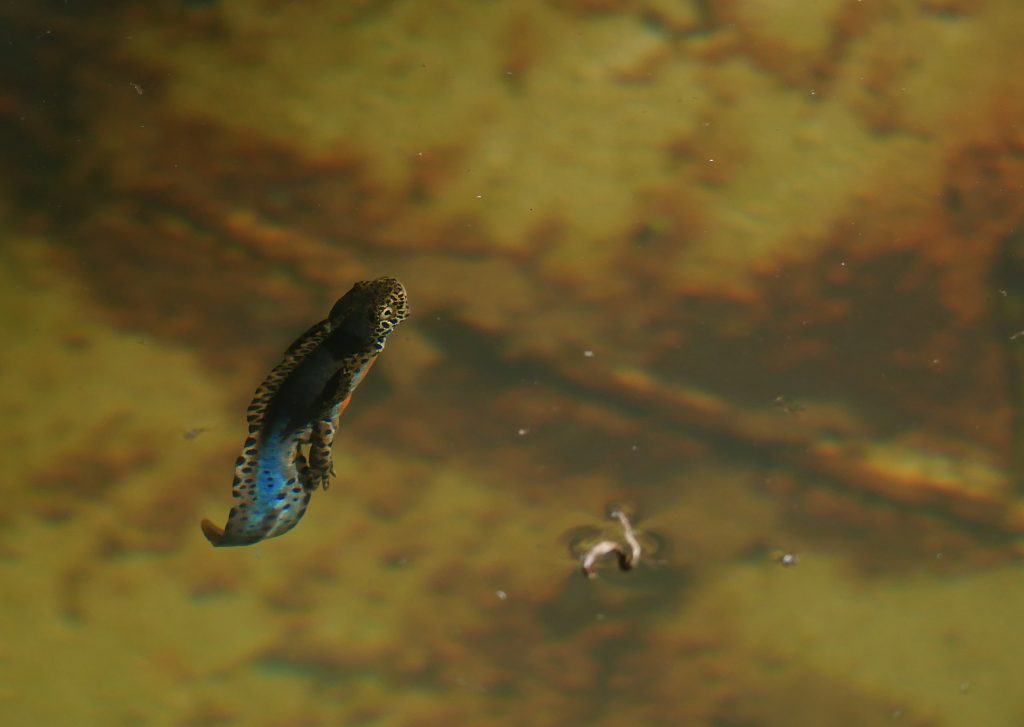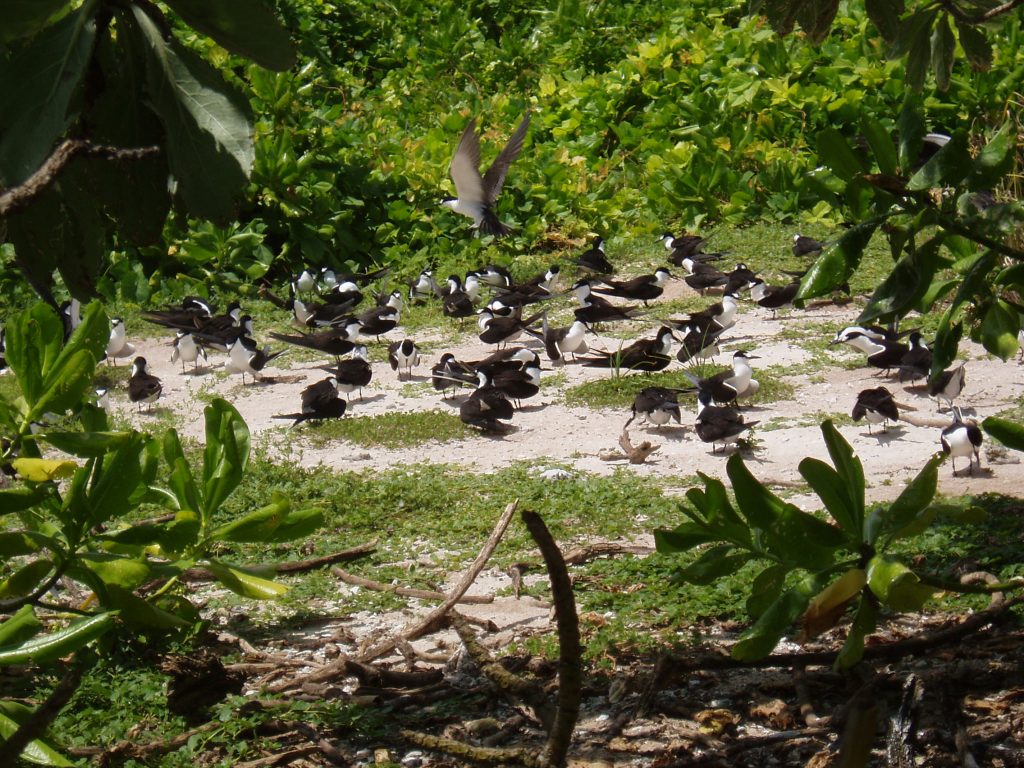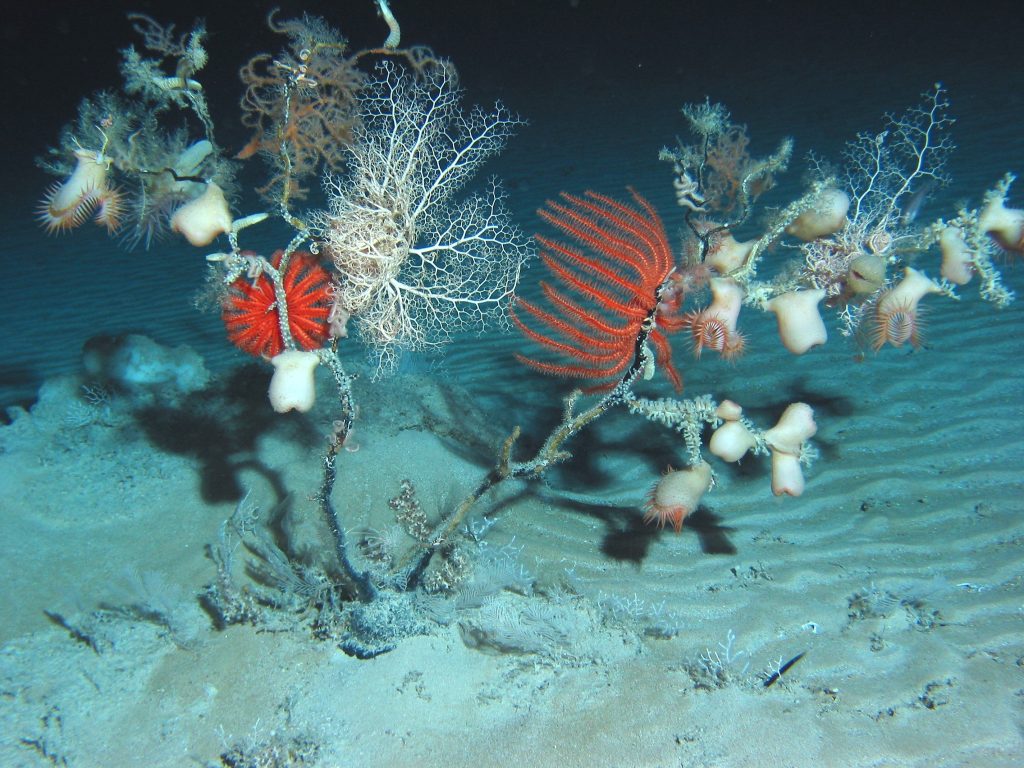Folklore about the Tonkean Macaque (Macaca tonkeana) might be the reason behind an indigenous group in Indonesia tolerating this crop-raiding species, reports a new study in the journal Oryx.
Erin P Riley, a primatologist at the San Diego state university, conducted semi-structured interviews among the To Lindu, an ethnic group indigenous to highlands in Lore Lindu National Park in Indonesia to understand how these people conceptualize the Tonkean Macaque, a species which frequently raids their crops. Through a qualitative analysis of the data, she identified three main themes which characterized to Lindu’s folklore about the macaques.
01. Macaques were biologically similar and related to humans;
02. Macaques should be treated well even when they raid crops because otherwise they will do much worse things
03. Macaques act as guardians of Lindu adat or customary law.
These biological, cultural and ecological links to the Tonkean Macaque envisioned by the To Lindu has resulted in a taboo that prevents them from harming this crop-raiding species. Riley, uses this case study, to highlight the importance of including traditional knowledge and beliefs in conservation efforts but also adds the caveat that cultural reasons for conservation are probably context-specific and might not apply for a different species or even for the same species in another area. Moreover, people’s beliefs are not fixed and might change in response to external influences. For example, even among the To Lindu, another taboo against the felling of strangler figs is slowly vanishing seemingly in response to the rise of Christianity among its people. Given the tenuous nature of cultural reasons for conservation, it is therefore important that a suite of values, including ecological and economic benefits are used in justifying the conservation of a particular species.
Further reading
Riley EP. 2010. The importance of human–macaque folklore for conservation in Lore Lindu National Park, Sulawesi, Indonesia. Oryx 44(2) 235–240.





